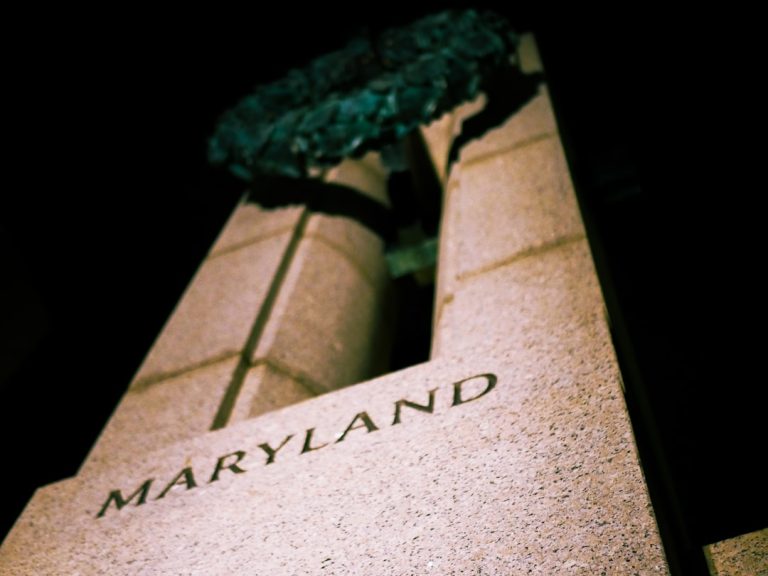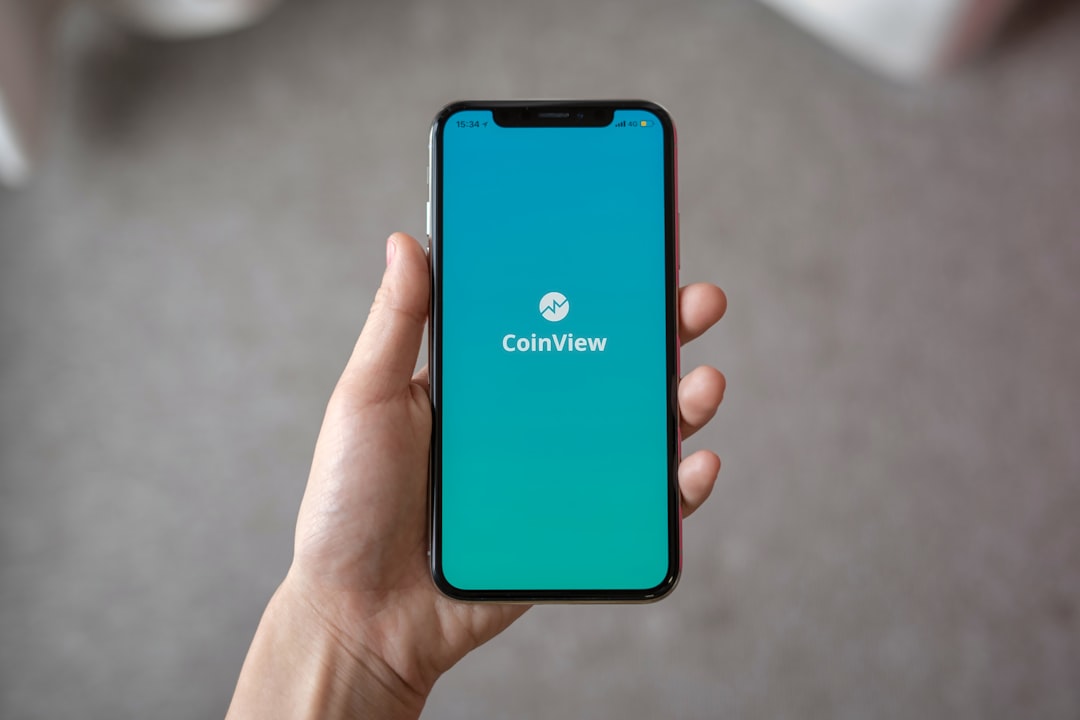Spam calls, including pre-recorded messages and live salespeople, promoting products or fraudulent schemes, are a significant issue in Washington D.C. and Maryland. A spam call lawyer Maryland specializes in handling these nuisance calls, assisting individuals and businesses in understanding their rights under federal and state telemarketing laws. These legal professionals help clients take action against harassing calls by identifying patterns common in spam calls. Maryland has robust legal protections, including the Maryland Consumer Protection Act and TCPA, prohibiting unauthorized marketing phone calls. A spam call lawyer is crucial for residents navigating legal rights, addressing privacy concerns, and mitigating disruption from unwanted communications, especially with increasing trends like robocalls, investment scams, and identity theft.
“In the digital age, spam calls have evolved into a persistent and often invasive problem, particularly in densely populated areas like Washington D.C. and its surrounding states, such as Maryland. This article delves into the latest spam call trends affecting residents across Maryland, exploring their origins in Washington D.C. and the legal framework that aims to combat them. From understanding common types of scams to practical strategies from a spam call lawyer Maryland, readers will gain valuable insights on protecting themselves from these nuisance calls.”
Understanding Spam Calls: A Comprehensive Overview

Spam calls, also known as unsolicited or unwanted telephone marketing calls, have become a prevalent issue across the United States, including Washington D.C. and Maryland. These calls often involve pre-recorded messages, live salespeople, or both, promoting various products, services, or even fraudulent schemes. With advancements in technology, scammers can now easily access consumer databases, making it easier to target specific areas like Maryland with their deceptive practices.
A spam call lawyer Maryland is a legal professional specialized in handling cases related to these nuisance calls and text messages. They assist individuals and businesses in understanding their rights under federal and state laws that regulate telemarketing practices. These laws aim to protect consumers from excessive, misleading, or aggressive marketing tactics. By recognizing the trends and patterns of spam calls, lawyers can help clients navigate legal actions, seek compensation for damages, or simply put an end to the harassing calls.
The Legal Landscape for Spam Call Regulations in Maryland

In Maryland, the legal landscape for spam call regulations is governed by state and federal laws, providing a robust framework to protect residents from unwanted telemarketing practices. The Maryland Consumer Protection Act explicitly prohibits deceptive or fraudulent acts in commerce, including unauthorized phone calls for marketing purposes. Additionally, the Telephone Consumer Protection Act (TCPA) at the federal level offers further safeguards against spam calls, making it illegal for businesses and individuals to make automated or prerecorded phone calls to consumers without their prior express consent.
A notable aspect of Maryland’s approach is the emphasis on empowering residents to take legal action against persistent spam callers. A spam call lawyer in Maryland can assist consumers in navigating these regulations, helping them understand their rights and seeking justice through legal channels if necessary. With stringent laws in place, Maryland aims to curb abusive telemarketing tactics, ensuring a quieter and more secure environment for its citizens amidst the ongoing challenge of spam calls.
Washington D.C.'s Role in Spam Call Trends and Their Impact on Neighbors

Washington D.C., as a bustling political and cultural hub, often finds itself at the center of various trends, including those related to spam calls. With a high concentration of businesses and residents, it serves as a microcosm for studying the impact of unwanted phone calls on communities. The city’s unique demographics and its position as a major communication hub can contribute to it being a target for spammers, who often employ sophisticated techniques to reach a wide audience.
These spam calls not only disrupt the daily lives of D.C. residents but also have implications for neighbors in Maryland. Many residents in the surrounding areas report an increase in suspicious phone calls, which can lead to heightened concerns about privacy and security. A spam call lawyer in Maryland can play a crucial role in addressing these issues by offering legal guidance, helping individuals understand their rights, and taking necessary actions to mitigate the impact of such unwanted communications.
Common Types of Spam Calls Targeting Residents in Maryland

Residents of Maryland, particularly in Washington D.C., often face a deluge of unwanted spam calls, which can significantly impact their daily lives and peace of mind. Common types of spam calls include robocalls promoting various products or services, investment scams, and fraudulent offers that promise quick wealth or prizes. Scammers also target individuals with pre-recorded messages masquerading as important alerts from banks, government agencies, or even local utilities companies.
A notable trend involves calls claiming to be from legal firms or spam call lawyers in Maryland, attempting to trick recipients into providing personal information or paying for non-existent legal services. These deceptive practices can lead to identity theft and financial loss. It’s crucial for residents to remain vigilant, verify the authenticity of such calls, and consider consulting a reputable spam call lawyer in Maryland for guidance and protection against these persistent and harmful intrusions.
How to Protect Yourself: Strategies from a Spam Call Lawyer Maryland

In the face of increasing spam call trends in Washington D.C. and its surrounding areas, like Maryland, it’s vital to be equipped with strategies for protection. A spam call lawyer Maryland emphasizes the importance of caution when answering calls from unknown numbers. One effective approach is to verify the caller’s identity before providing any personal information. This can be done by asking specific questions or using reverse lookup services that provide details about the caller.
Moreover, blocking and reporting these calls is a proactive step. Most smartphones have built-in call blocking features, and many areas now offer automated systems to report spam calls. By participating in these initiatives, individuals not only protect themselves but also contribute to a collective effort to curb unwanted calls. Additionally, staying informed about the legal rights regarding spam calls can empower residents of Maryland to take appropriate actions against persistent or malicious callers.






